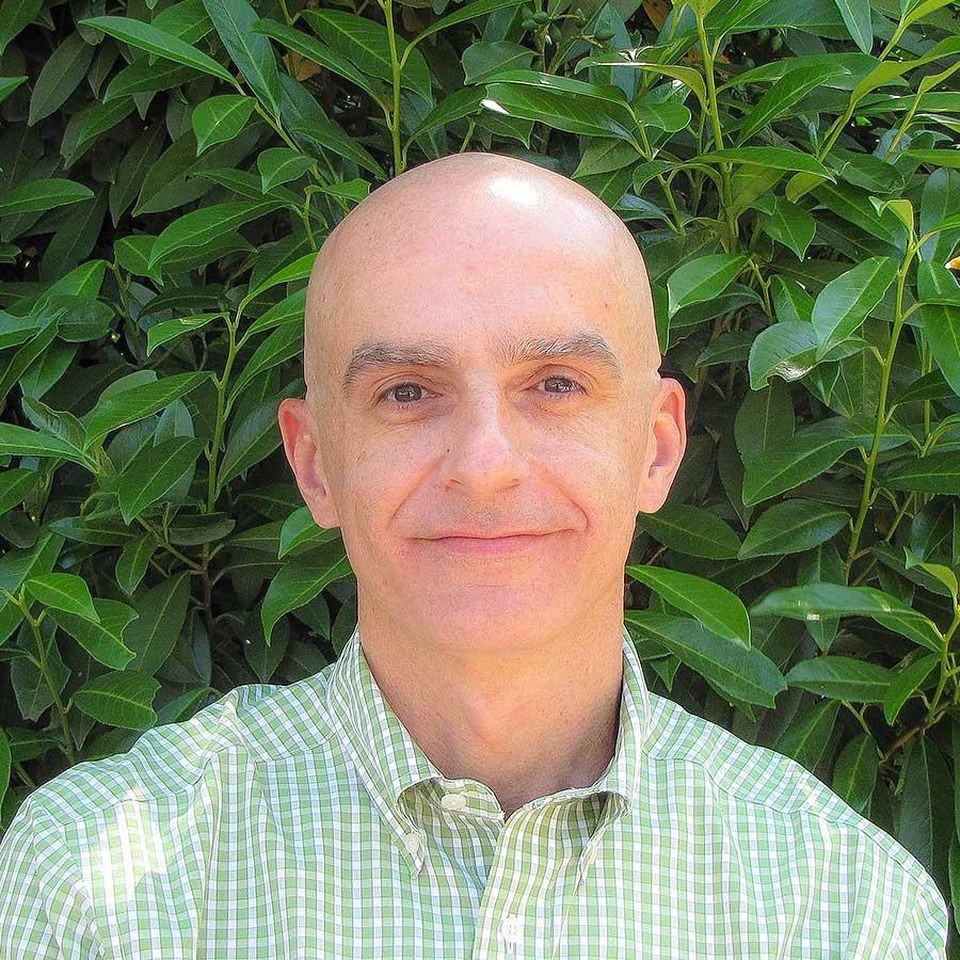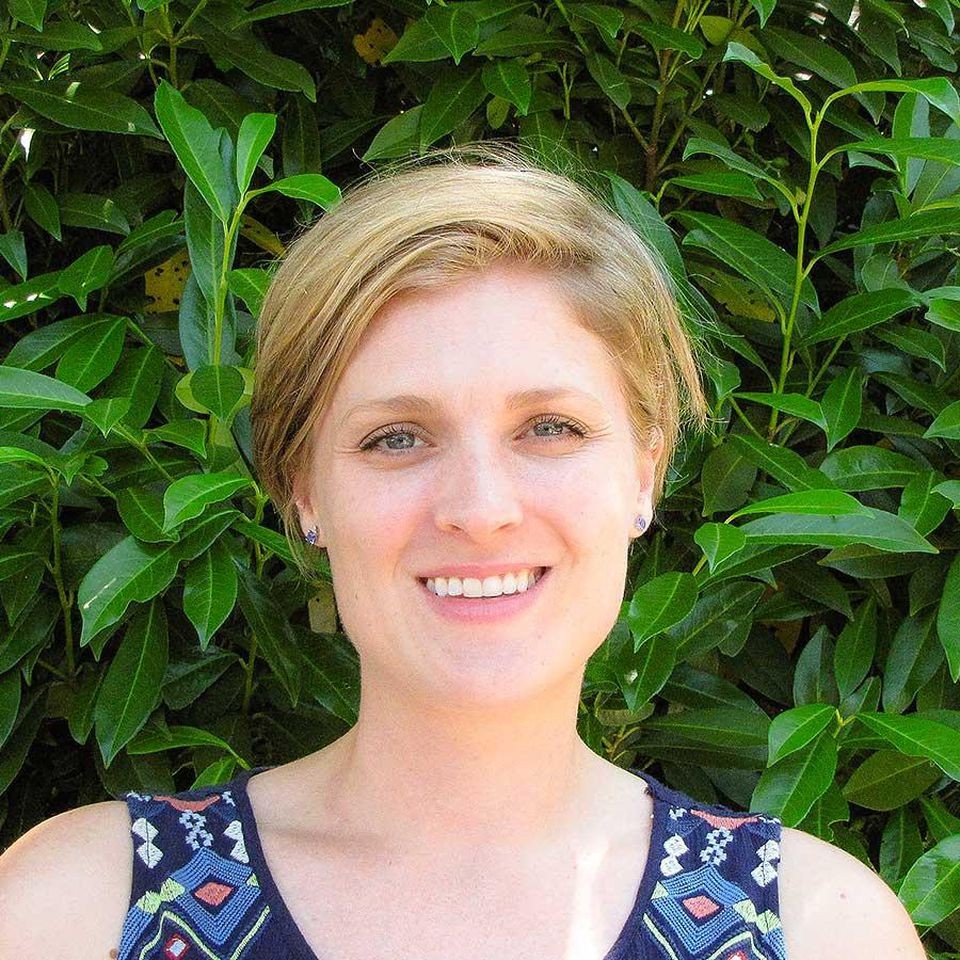A couple of weeks ago, I wrote a story about why mental health is one of the most neglected problems in the developing world.
In the article, I highlighted the work of Strongminds, a charitable organization that is treating depression at scale in Uganda, focusing particularly on women.
Inspired by the inventiveness of their solution, I reached out to Strongminds founder Sean Mayberry and program director Kari Frame. I wanted to know more about their approach to mental health and how they’re disrupting depression in Africa.
We started with a general introduction of Strongminds’ work, then they explained why they decided to dedicate two brand new programs to targeting adolescents and refugees, and finally, I asked them why, after Uganda, they’re now extending their operations to Zambia.

Kinder World: Sean, you founded Strongminds in early 2013. Why? What did you want to achieve?
Sean Mayberry: Our mission was and is to improve the mental health of women and girls in Africa by focusing on depression, the most pervasive and debilitating mental illness in the world.
So far, we’ve treated over 43,000 women of all ages, but our goal is to treat 2 million women by the year 2025.
Given the extreme scarcity of mental health professionals in Africa, to even dream of achieving such a goal we can’t afford to employ a model that relies on doctors and nurses.
So, we perfected a depression intervention based on Group Interpersonal Psychotherapy. A cycle of group therapy consists of a 12-week period of 60-90-minute sessions and, in the end, we encourage women who complete it to run their own peer therapy group, making the process scalable and low-cost.
Keep in mind that there are at least 66 million women in Africa who suffer from depression and, according to the World Health Organization, approximately 85 percent of them have no access to treatment
This is a gigantic problem that needs effective, scalable solutions.
Mental health should be a priority for international aid. It should really be at the top of the list. Take the case of refugees, for example. Before you could think of other interventions like a training program, you need to get the refugee back to good mental health.
If you don’t follow this order, the illness will be a blockage, nullifying the effects of other aid measures.

In this regard, I know that you’ve recently started to develop a new program tailored to refugees’ needs. Why did you think it was important to do it?
Kari Frame: In Uganda, the refugee population is huge. Over one million people have been welcomed there in the past years.
The reason is that it’s one of the most liberal and receptive environments in Africa when it comes to allowing refugees to settle, to work, and in general to rebuild their lives.
So there’s this huge population that is migrating there carrying the typical mental health challenges that come with displacement and conflict. That’s why we’re interested in developing a therapy that caters to their distinctive needs.
We’ve been researching this topic for a while now. Interestingly, there are quite a number of scientific studies demonstrating that to address refugees mental health you don’t have necessarily to focus on the trauma or the PTSD.
Depression and the challenges of the “here and now” are sometimes even more important. And these are the problems our therapy is particularly well suited to address.
In fact, data reveal that a traumatic event like a war is more likely to trigger a depressive episode than to trigger PTSD.
In addition to refugees, you’ve also decided to dedicate a new program to adolescents. The question is the same: why did you think it was important to do so?
Kari Frame: Adolescence is the cradle of depression. That’s when most people who experience depression have the onset of their illness.
If you treat depression, the risk of relapse over time will be drastically reduced, so a focus on depressed adolescents, epidemiologically, makes sense.
However, adolescents are a difficult target group. They have a lot of different competing priorities, like boyfriends or girlfriends. It’s then important to be flexible with certain parameters like the length of the treatment.
We also know that the important people in an adolescent’s life - such as her friends or partner - can either support or put off her engagement in therapy, so we also need to find ways to engage with these other people and make sure they understand the treatment’s importance.
Interpersonal Group Therapy is usually considered very effective for adolescents, even though it has not been widely studied in the context of Sub-Saharan Africa. But that’s what we’re set out to do this year.
This really is our typical Strongminds approach. There’s a lot of experimentation involved, of figuring out what we don’t know yet, testing it, and ultimately being able to develop a state-of-the-art, replicable model.
For example, at the moment, we’re looking into how we can package our therapy in a way that is more appealing for adolescents.
We suspect that technology and specifically social media might play a role since they are the important currencies in an adolescent’s life.
You’re not just expanding your treatment’s reach to new target groups. You’re also expanding geographically. I’m referring to your decision to start up a new Strongminds chapter in Zambia. Why did you pick this country?
Sean Mayberry: Of course, geographical expansion is part of our plans to scale.
When we had to decide where to go next, we looked at everything, from demographics to safety, but the single most important factor that brought us to Zambia is that we have received the greatest proactive stance from its Minister of Health, who directly asked us to partner up and deliver our service as part of the existing national health infrastructure. And being involved in larger partnerships is one of the ways we want to scale our solution.
On last New Year’s Day, the president of Zambia visited the local mental health hospital and pretty much said that mental health will be a top priority for the government.
It’s gonna take a lot of work. When I was there in October, I was told that in the country there are just around eight psychiatrists. That’s for a population of over 16 million people. For us, it’s not a shock. This is pretty much the standard ratio of mental health professionals in Sub-Saharan Africa.
And so we go back to why our community-based model is designed to work without trained doctors and nurses.
I have one final consideration: I certainly don’t want to make a “ranking” of mental diseases but depression seems relatively less debilitating than schizophrenia. And I guess that people in the schizophrenia spectrum have an even stronger stigma attached to them.
I was just wondering what could be the fate of someone suffering from it in a country like Uganda or Zambia, also in light of the radical lack of mental health professionals you mentioned.
Sean Mayberry: We focus on depression because it’s the number one problem there at the moment. It’s also a matter of percentages: depression affects around 30 percent of the population while schizophrenia has an incidence of around one percent.
But, granted, someone with schizophrenia is living a horrible life, also because it outwardly presents the signs most associated with the mental illness stigma.
On top of that, access to medication here is a real issue.
So yes, it’s an extremely difficult situation. In Sub-Saharan Africa, mental illnesses are often not recognized as such, so people might think it’s a curse or their own personal weakness.
Then, there’s the social decay that happens with it. Many of the people that we have found to be depressed, they were thrown out of their social networks, and they were isolated for months or years.
The strength of the Strongminds group therapy approach is that it pulls depressed people out of isolation, encouraging them to share their feelings and experiences with other women so that they understand they are not alone. In doing so, it removes the stigma of mental illness, which is a source of shame for sufferers and confusion for their loved ones.
You can support Strongminds by donating below.
Header image: Strongminds




